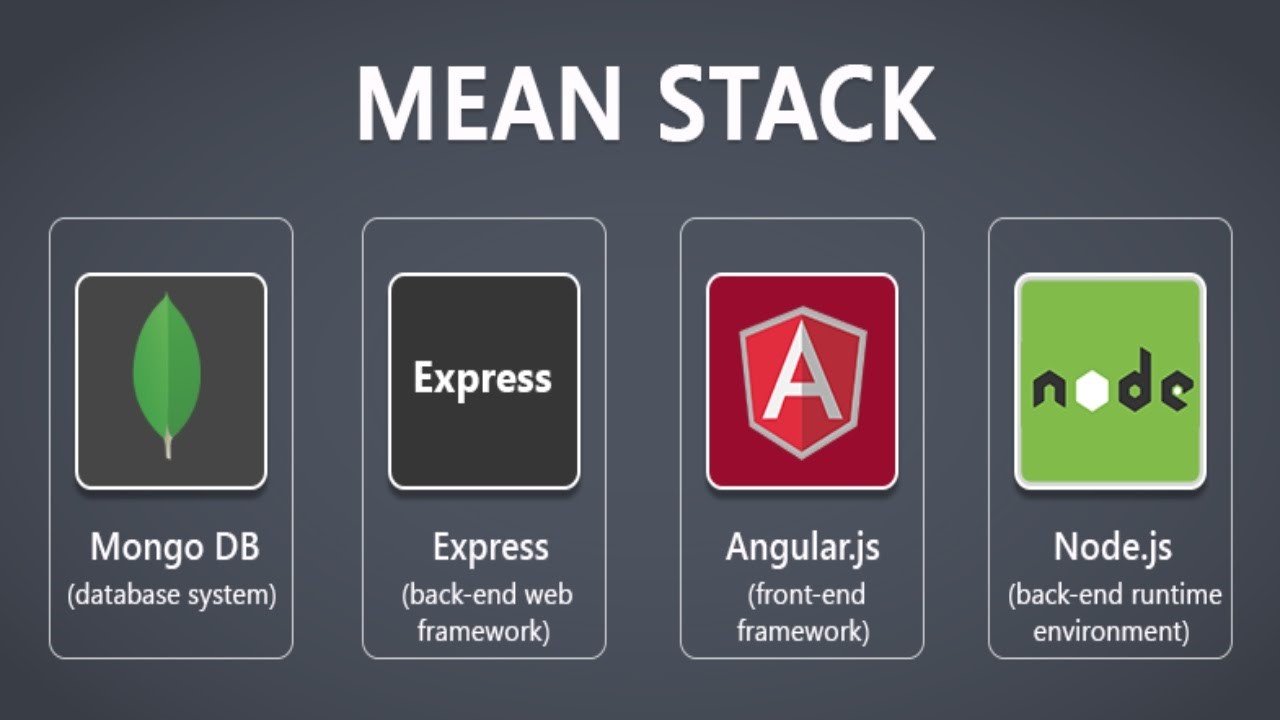JavaScript Full Stack Development : All Details About it
Audio : Listen to This Blog.
What is JavaScript?
JavaScript is a comprehensive and powerful programming language that is considered to be one of the most popular web development tools. Existing for almost 20 years till date, the platform was initially constrained to be a part of front end engineering. However, with the growing technology and popularity, it is now used on the server-side as well. From that point onwards, this concept has been consistently gaining immense popularity and is quite under the debate. Now, javascript for web development is quite popular in the global market.
In the section below, we will have an insight on the pros and cons associated with JavaScript Full Stack development technology along with a brief introduction to full-stack development.
Something about Full Stack Development
Note that it’s quite a challenging task to develop a software product by employing only a single technology. A process like this makes use of tech stacks that is basically a combination Of several programming languages and specific standard tools.
Every software product constitutes a client-side as well as a server-side, and therefore we require two different tech stacks to build up each layer. And in order to build mobile or web applications, we require certain approaches which are referred to as full-stack development.
Advantages of Full Stack JavaScript Development
With a lot of amazing features of this development, many of the top companies such as PayPal, Netflix, Groupon and Airbnb have already adopted the concept of Full Stack JavaScript web development for the creation of their products. Apart from these, small start-ups too are taking a keen interest in this approach mainly because of the pros of Full Stack JavaScript Development that are associated with it.
-
Better team efficiency, Common language, Lesser Resources
Making use of JavaScript for web applications can turn out to be quite beneficial since it ensures a proper understanding of the code and effective communication among the team members. This reduces the gap between front end JavaScript and back end development that could have otherwise lead to the working of two different teams while making use of separate technologies. With this approach, you can now work on your project along with a
single team for both back as well as front end. This ultimately results in a significant reduction in the efforts as well as the cost required to hire full-stack developers that are eligible for the position.
-
Extensive Code Reuse
Full-stack JavaScript development tools allow reusing of the same code and sharing. This greatly helps in reducing the time involved. And by also employing DRY – Don’t Repeat Yourself principle, you could also achieve a significant reduction in the efforts required through reusing of certain sections of the code. This can be carried out on both front as well back end. This implies that you no longer need to take into account any more equivalents of JavaScript utility such as Ruby or Python. This is because you can now deploy the same utility on the browser and server-side.
Apart from this, you are also capable of 40% reduction in code lines while maintaining the same source code.
-
High Performance and Speed
The Node JS framework makes use of a comprehensive model that is typically fast and lightweight in comparison to other technologies that are generally used.
This fact is also proved in the latest reports of PayPal that state the results they have achieved while transforming to Full-stack JavaScript from Java. The results showed that the company was successful in making the development process two times faster.
Full-stack JavaScript development services ensure improved performance, reduces the average response time, and also doubles the number of requests catered to per second.
You might also like
“Top 10 Amazing JavaScript Frameworks for every front-end development company“
- Huge Talent Pool
As per the recent survey, JavaScript frameworks are considered to be the most used platforms, and it also showed that almost 62.5% of respondents used JavaScript indicating approximately 23,000 JavaScript full-stack developers for each website. All these statistics suggest that finding a talented engineer for the process of JavaScript web application development can be quite an easy task.
-
Extensive Knowledgebase
Maintained by the top players- Google and Facebook, JavaScript is overall, a rapidly evolving company that owns a sturdy community base. As per the Stack Overflow Survey of the year 2016, this comprehensive programming language has ruled the list of the most popular website technologies and secured about 62,588 votes.
-
Free Tool Set
In working with Full-stack JavaScript development, developers can use most of the tools for free as the tools are available as open-source. This indicates that you are going to be charged with subscription expenses or license costs. These open-source tools undergo regular updates and are quite fast to evolve mainly because of the prominent community contributions.
Cons of Full-Stack JavaScript Approach
Every technology is always accompanied with some flaws. Though they might not overpower the benefits, yet one needs to be aware of them while working on their projects.

-
Insufficiency with computation-heavy
Note that while dealing with heavy data processing and computation, Node.js might not exactly be the perfect option for the same. Conditions like these might require other technologies that are capable of dealing with such processes. These include algorithms, machine learning or even intense mathematical calculations.
Also, just with one CPU core and a single thread, that is known for catering to one process at one time might tend to block a single intensive computational task. When that thread will be caught up in checking the numbers, your application can fail to work along and process the other requests. This could result in severe delays. This limitation can be tackled by breaking down complicated tasks into simpler ones or by simply developing child processes.
-
Relatively young Technologies
JavaScript on the server-side as compared to Java or even PHP tends to be around for only a smaller time interval. As a result of which the integration capabilities are limited, and the knowledge base also tends to be smaller.
- Jack of all Trades, Master of none?
Many experts feel that a developer-only needs to be a master of only a single domain of knowledge. With each new skill being gained, the expertise or quality of the developer tends to reduce.
However, in the case of JavaScript even though the grammar or the syntax tends to remain the same on both the sides server as well as client sides, a developer needs to know a few other details too. These include knowledge about HTTP, cookies, data storage fundamentals and lot more.
This is the reason why there are quite less true JavaScript full-stack developers that have skills set for both front as well as back
end.
-
Drawbacks of all the separate tools are combined in a stack
Just as in any another tech stack, here too all the weak sides of all the elements are combined. Most of these are relatively insignificant issues that could arise under given circumstances. However, for making use of technology stack, one needs to have prior knowledge about the limitations associated with every tool and prepare their business strategy accordingly.
Conclusion
These were some of the major pros and cons of Full stack JavaScript development that is required to be considered while employing the full-stack JavaScript approach. Make sure to go through the list of top full-stack development companies to come up with efficient business strategies and solutions for your projects.
FAQ's
JavaScript can be used in crucial domains such as the Internet of things, enterprise web solutions, e-commerce solutions, fintech products, and a lot more.
With respect to Full Stack JavaScript, MEAN Stake refers to a bundle of technology that includes Angular JS, Node.js, Express and MongoDB.
A full stack developer is nothing but a generalist who has a broad array of skills that covers almost every aspect of product engineering.



